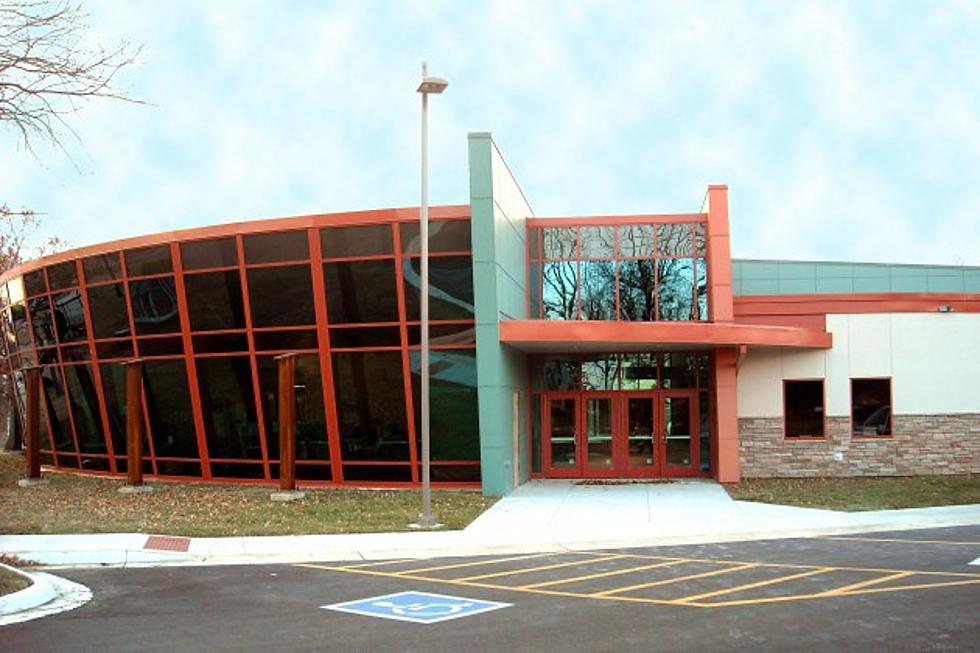
With All This Snow, Probability of Flooding Increases
The National Weather Service's most recent model for long-range flood risk has listed the Cannon River in Northfield at 72.58% at exceeding its banks and entering into the minor flooding category.
Now I know no flood is minor when it gets into your basement or business, but they are already warning us with all this snow we've had and with no real snow cover in January the ground frost is much deeper than what is normal. Meaning, when it does warm up, the water won't have a lot of places to go.
The National Weather Service puts it like this in their Spring Flood Outlook: "the flood potential for this area this spring is above to well above normal for the Upper Mississippi River drainage. We will have to closely monitor conditions as winter continues. Conditions over the next 4-6 weeks will be key in determining just how the flooding situation will evolve."
If we get more snow like they are thinking this weekend, that number more than likely goes up for the Cannon River in Northfield.
There are many ways to take a proactive approach in preparing for potential flooding damage. FEMA recommends the following:
- Check your insurance coverage.
- A flood insurance policy could protect you from the devastating expenses caused by flooding. A policy takes 30 days to go into effect from application to payment, so acting with quickness is highly suggested.
- Conduct a household inventory.
- FEMA says to keep a record of all major household items and valuables. These documents are important when filing insurance claims.
- Protect documents and keep important supplies close at hand.
- Be sure to have extra food, water, medications, and emergency supplies ready in case they are needed, according to FEMA. Store copies of irreplaceable documents (such as birth certificates and passports) in a safe, dry place. Keep originals in a safe deposit box.
- Install a sump pump.
- These pumps propel groundwater away from the home and can be an excellent defense against basement seepage and flooding. FEMA suggests choosing a battery-operated sump pump in case the power goes out.
- Prevent sewer backups.
- According to FEMA, it is best to install drain plugs for all basement flood drains to prevent sewer backups. A licensed plumber should be installing sewer backflow valves for all pipes entering the building to prevent floodwater and wastewater from backing up into the residence through toilets, sinks and other drains.
- Elevate appliances and electrical equipment.
- Raise and anchor service equipment and appliances such as air-conditioning units, water heaters, heat pumps, and water meters onto platforms so they are at least one foot above the potential flood height.
You can get more information about flooding from FEMA here.
More From KRFO-AM









